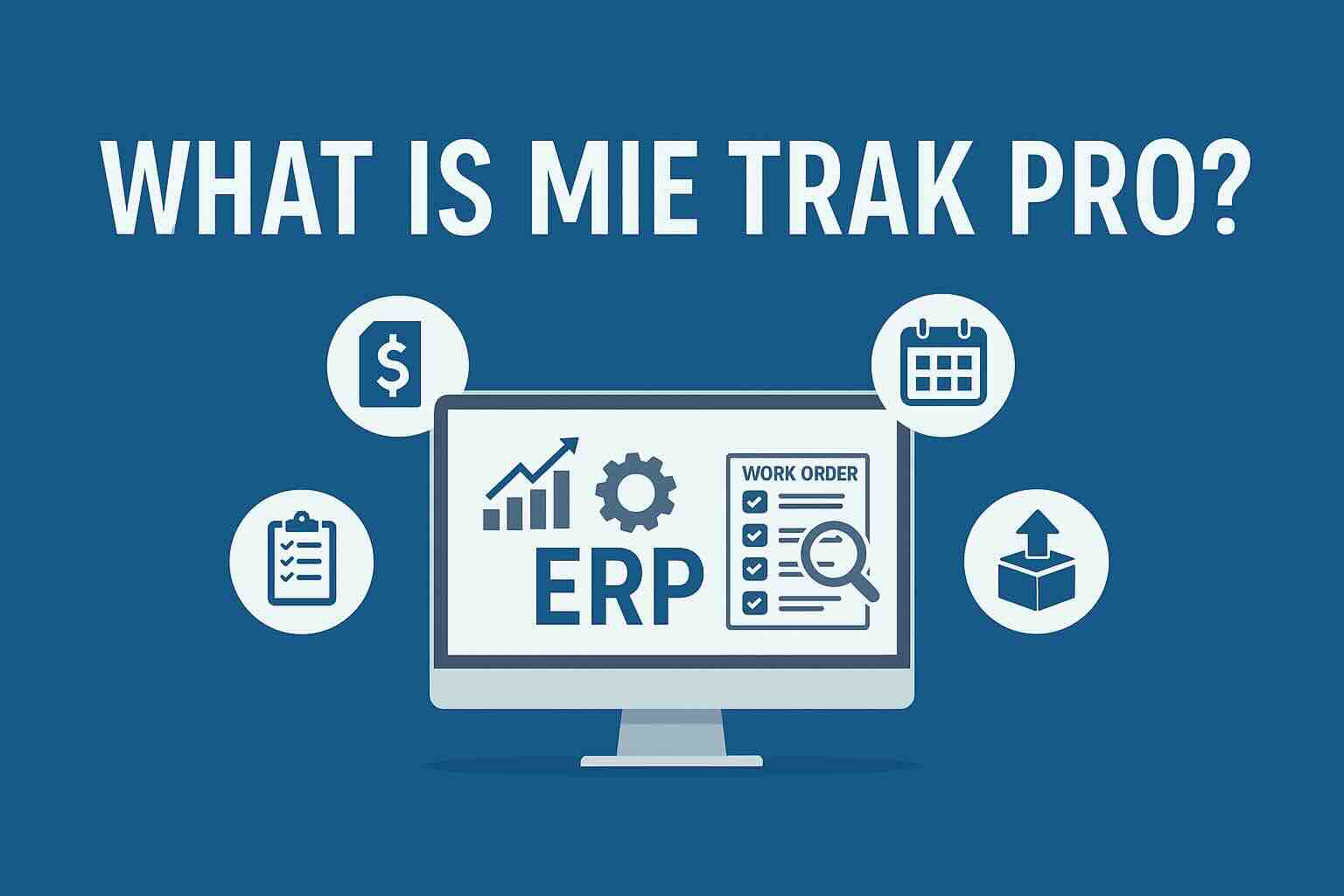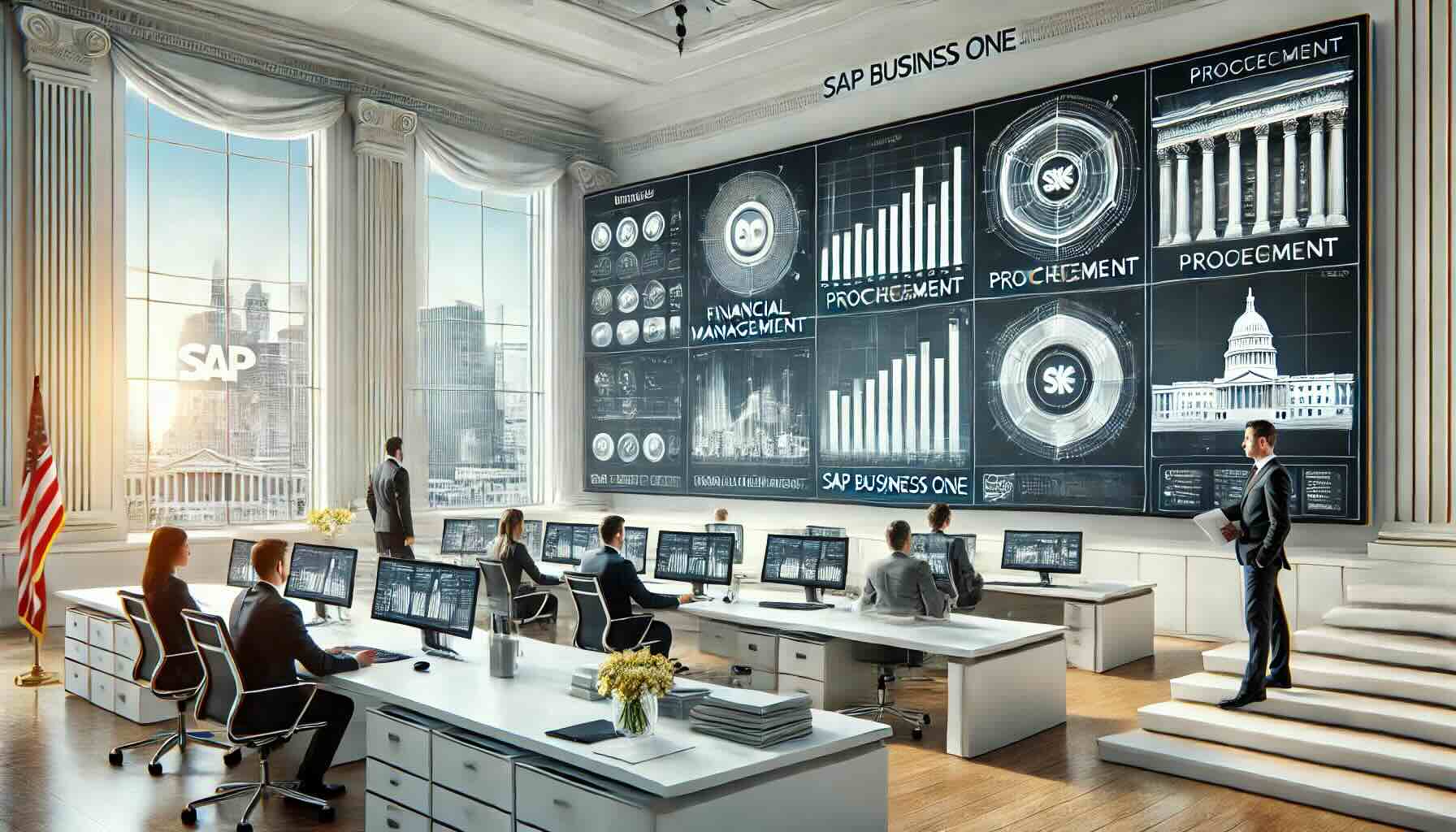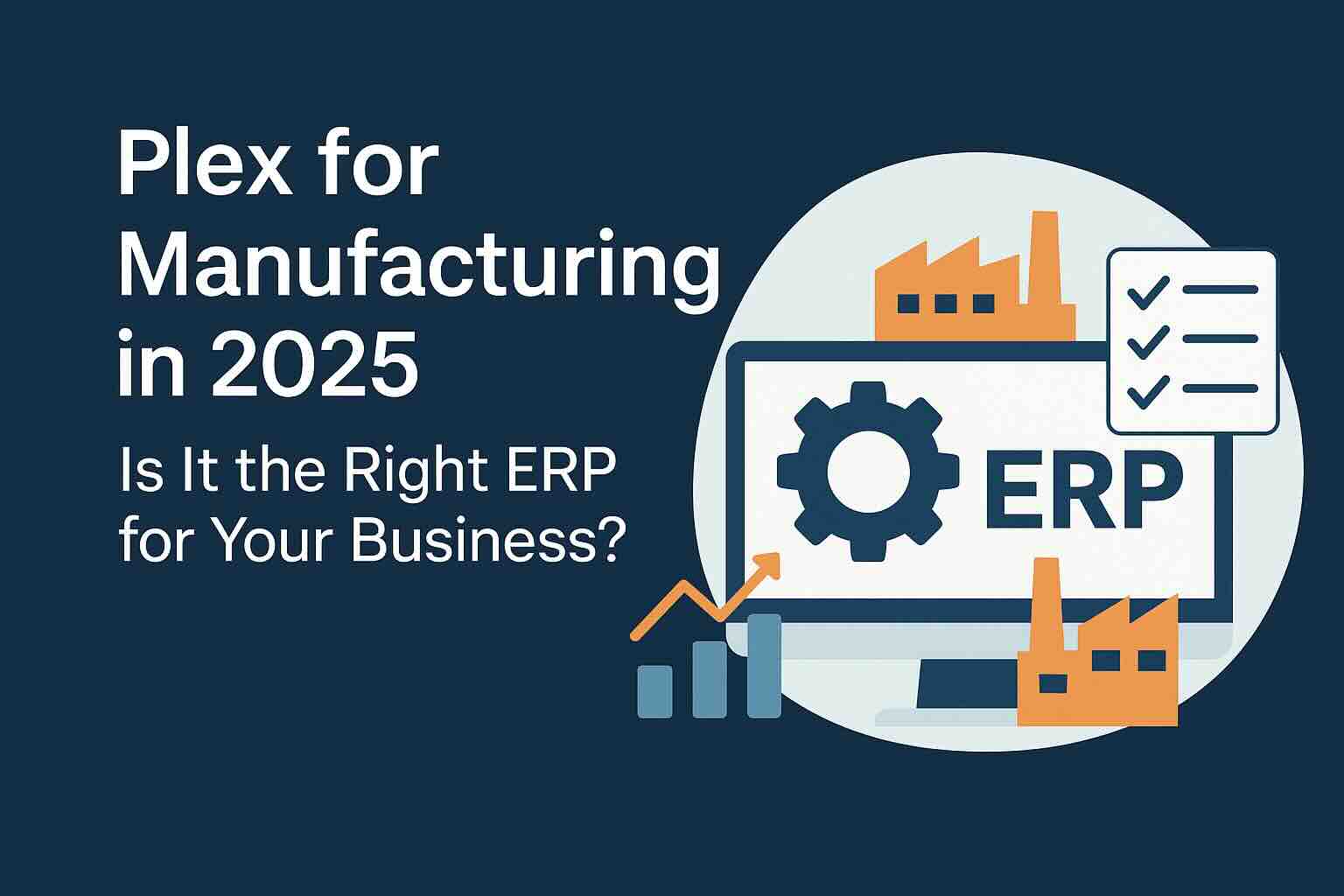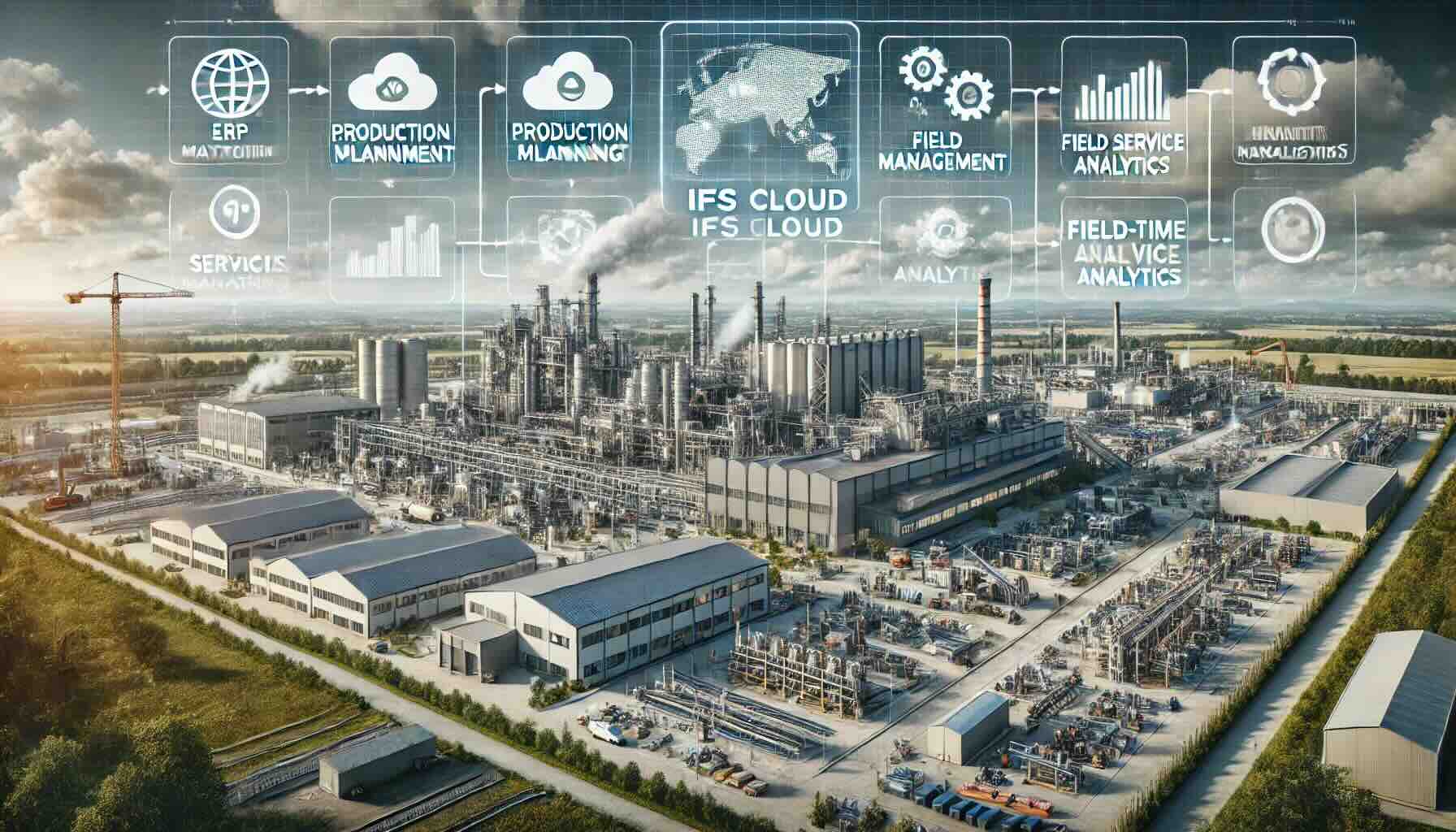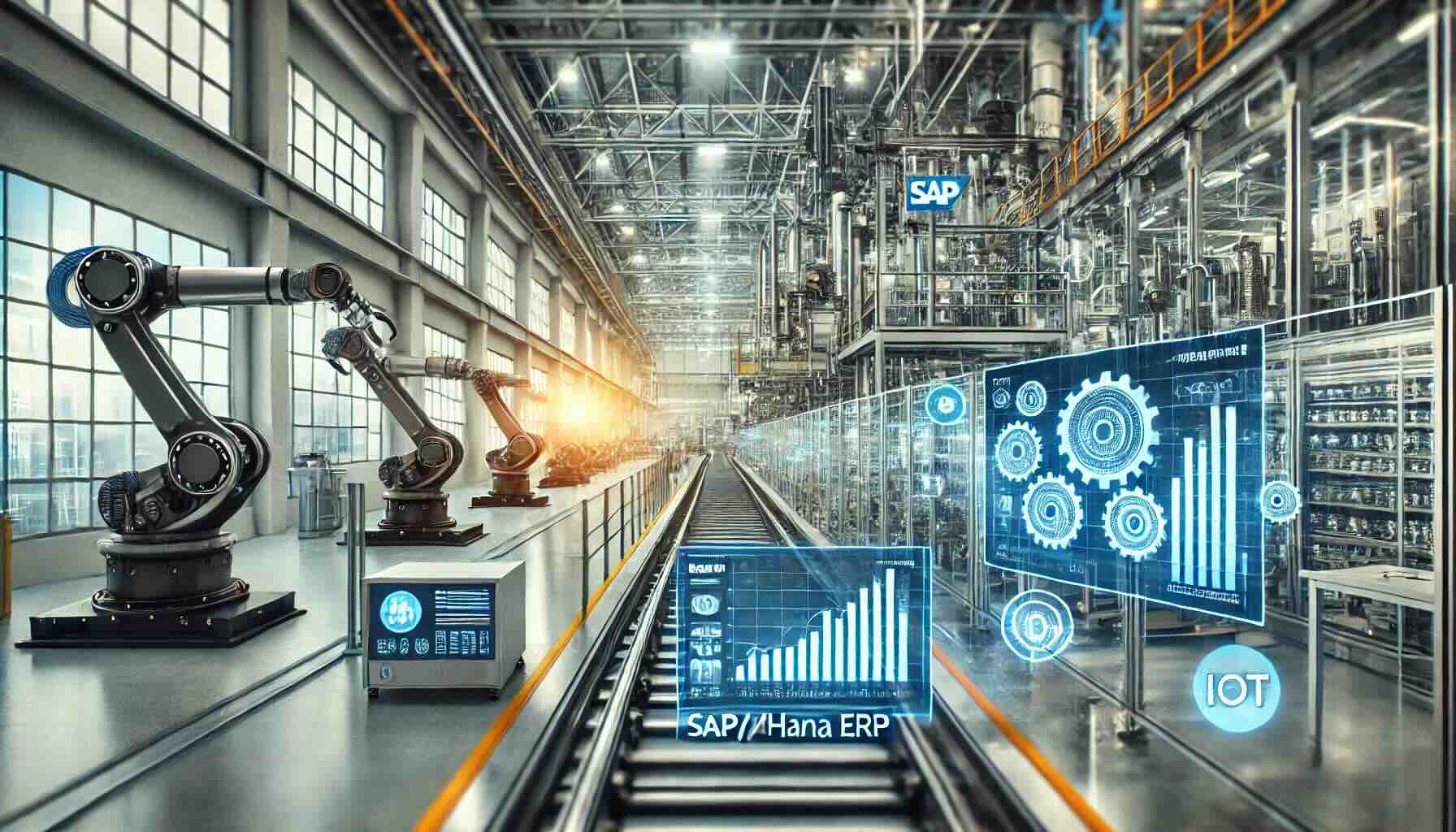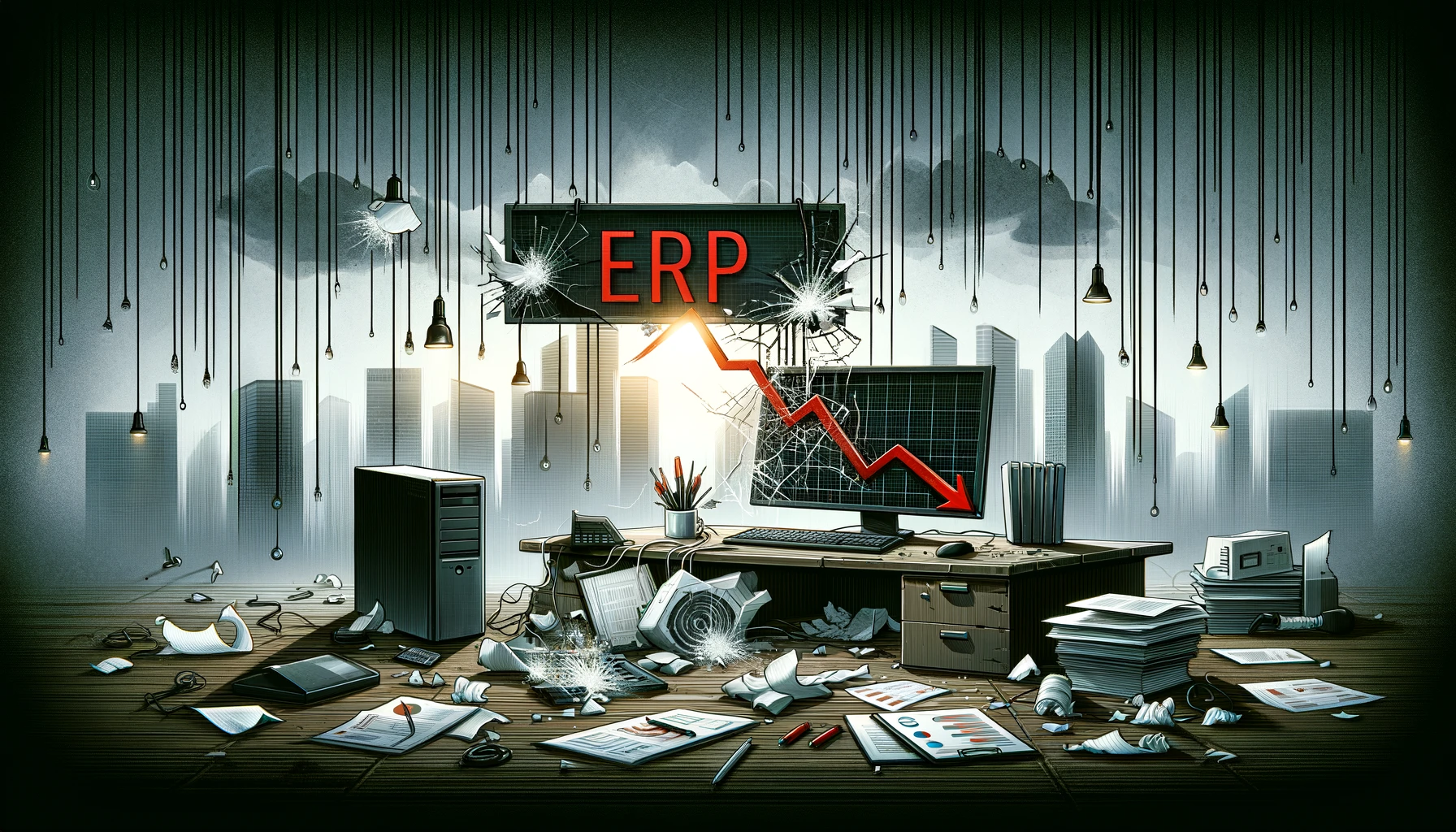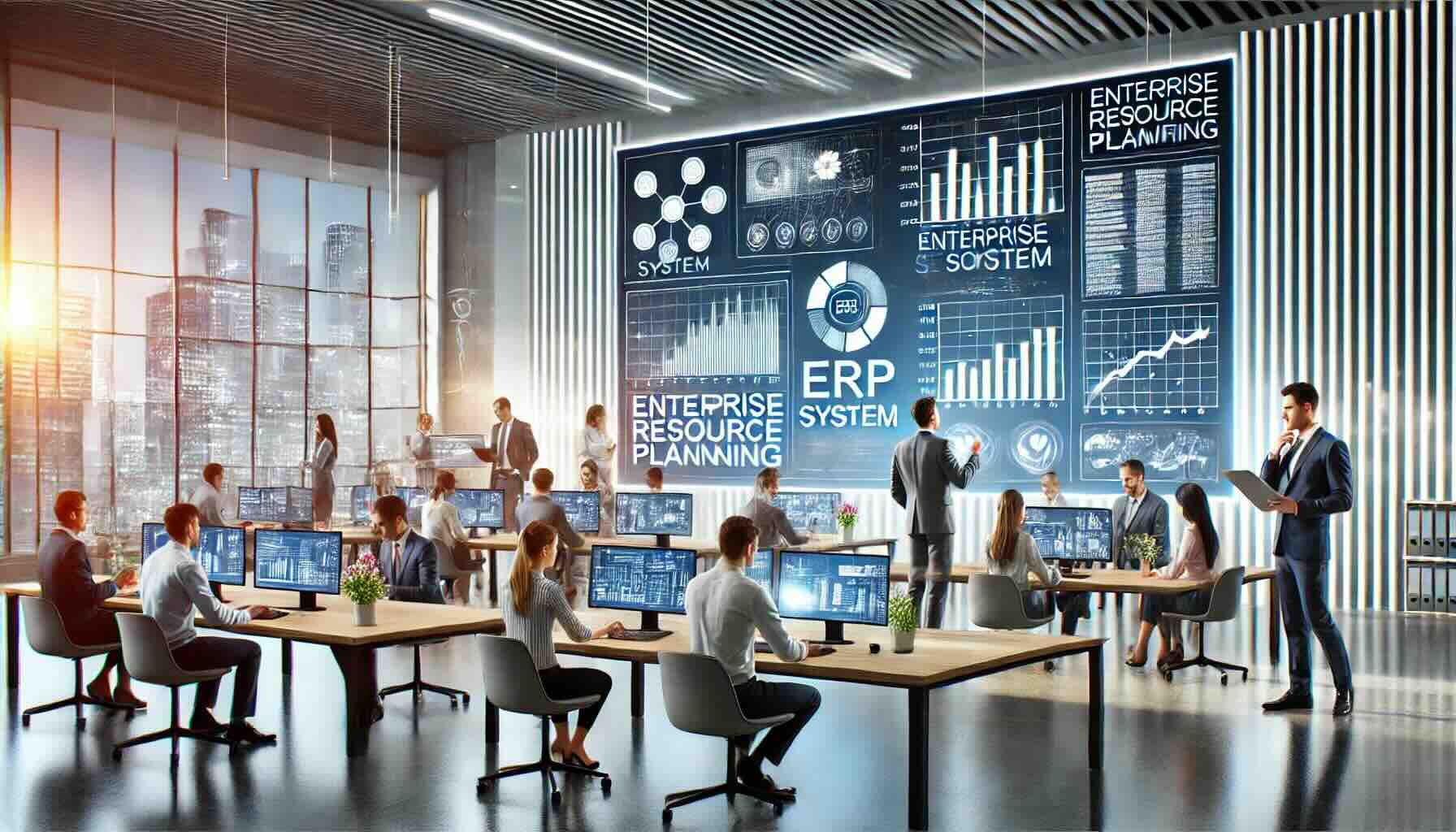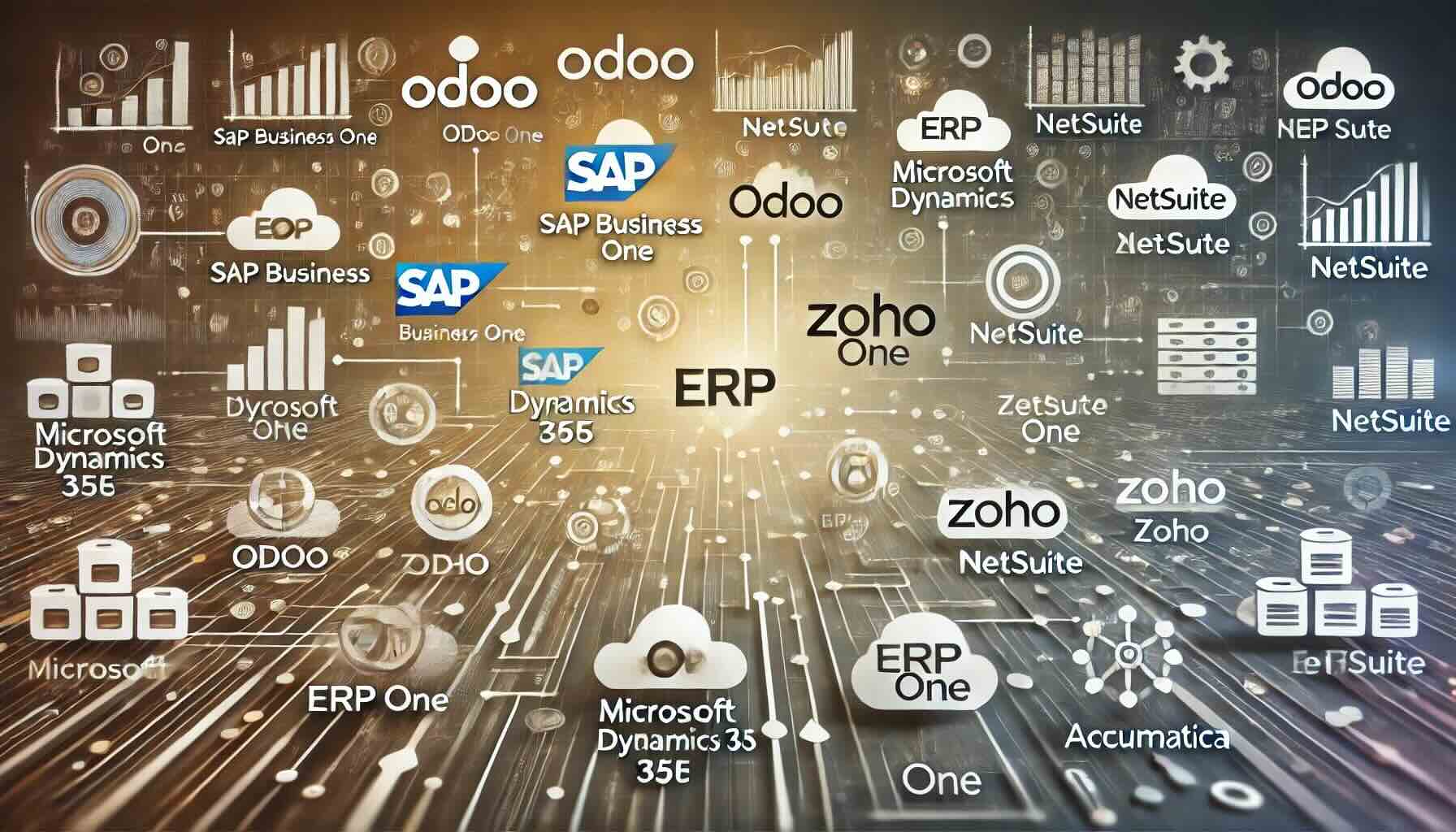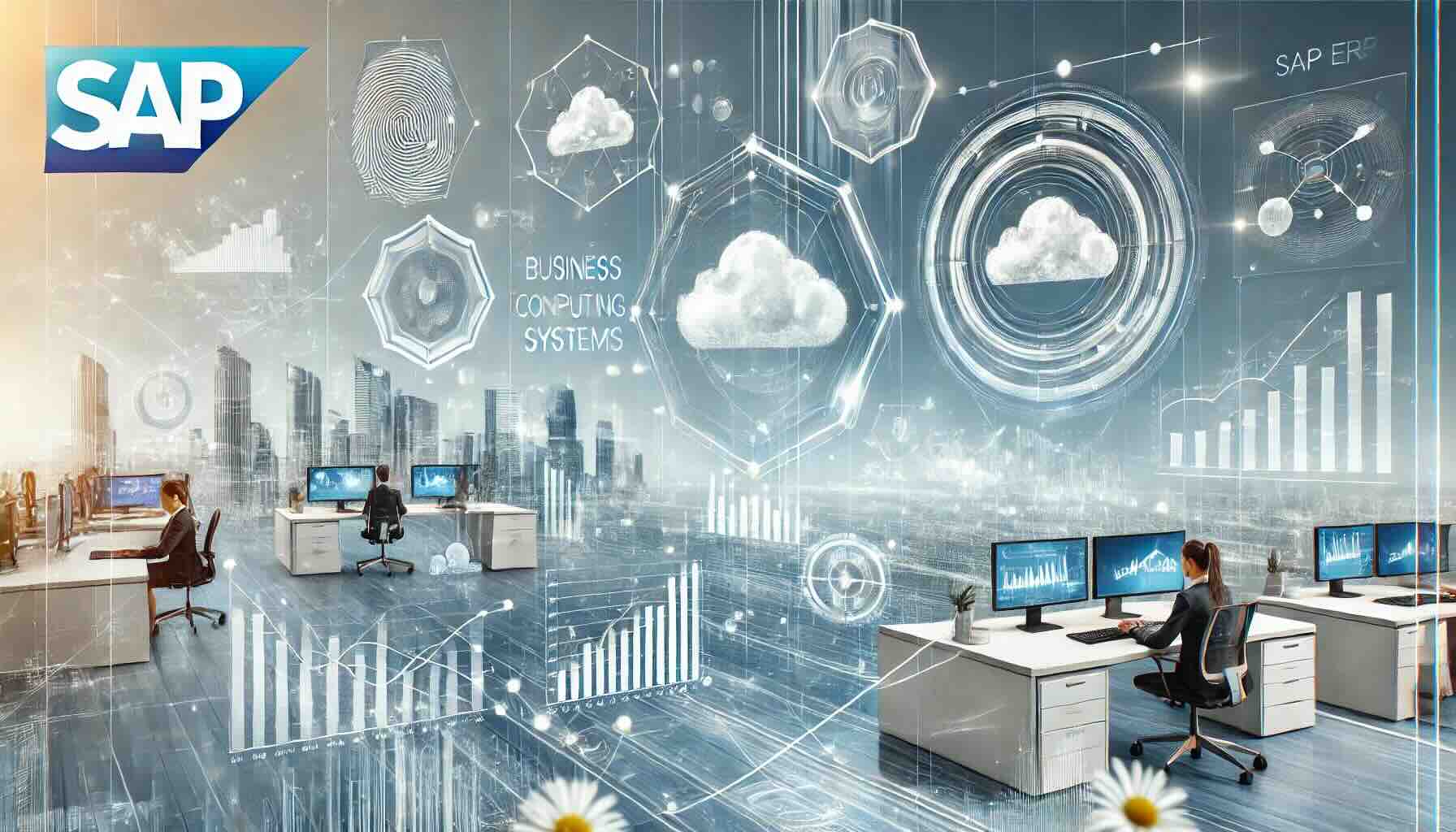Best ERP for Construction Companies: Top Solutions for 2024

In the rapidly evolving construction industry, efficiency and precision are paramount. As companies strive to streamline operations, enhance project management, and boost profitability, the need for a robust Enterprise Resource Planning (ERP) system becomes critical. If you’re on the hunt for the best ERP for construction companies, you’ve come to the right place. In this comprehensive guide, we’ll explore top ERP solutions tailored for the construction industry, including potential downfalls and detailed key features to help you make an informed decision for your business.
Why Do Construction Companies Need ERP Systems?
Before diving into the best ERP options, it’s essential to understand why ERP systems are vital for construction companies. Here are a few key benefits:
- Improved Project Management: ERPs provide comprehensive tools for project scheduling, resource allocation, and progress tracking, ensuring projects are completed on time and within budget.
- Enhanced Financial Management: With integrated financial modules, ERPs streamline accounting processes, from budgeting to billing, ensuring accurate financial reporting.
- Better Resource Allocation: ERPs help manage labor, materials, and equipment more efficiently, reducing waste and optimizing resource utilization.
- Streamlined Communication: Centralized data and collaboration tools enhance communication between teams, contractors, and clients, fostering better decision-making.
- Compliance and Risk Management: ERPs assist in maintaining compliance with industry standards and regulations while identifying and mitigating potential risks.
Top ERPs for Construction Companies in 2024
1. Acumatica
Acumatica is a cloud-based ERP solution known for its flexibility and comprehensive suite of applications. It is ideal for construction companies looking for an integrated platform that supports various business processes.
- Key Features:
- Project Management: Tools for project scheduling, resource allocation, and tracking project progress.
- Financial Management: Modules for accounting, budgeting, and financial reporting.
- Inventory Management: Real-time tracking of materials and equipment.
- Customer Relationship Management (CRM): Manage client interactions and sales pipelines.
- Mobile Access: Access the ERP system from any mobile device.
- Potential Downfalls:
- Customization Complexity: While highly customizable, it may require significant effort and expertise to tailor the system to specific needs.
- Cost: The total cost can be high, especially for smaller businesses, due to customization and implementation expenses.
2. Epicor
Epicor offers robust ERP solutions designed to meet the unique needs of construction companies. With its comprehensive modules, Epicor helps manage projects, finances, and supply chains effectively.
- Key Features:
- Project Management: Integrated project planning, scheduling, and tracking.
- Financial Management: Comprehensive accounting, billing, and budgeting tools.
- Supply Chain Management: Streamline procurement, inventory, and supplier relationships.
- HR and Payroll: Manage employee information, payroll processing, and compliance.
- Business Intelligence: Advanced analytics and reporting capabilities.
- Potential Downfalls:
- Implementation Time: Can be lengthy and complex, requiring dedicated resources and time.
- User Training: May require extensive training for staff to utilize effectively.
3. IFS Cloud
IFS Cloud delivers a comprehensive ERP platform that supports construction project management, asset management, and service management. It is known for its robust functionality and industry-specific features.
- Key Features:
- Project Management: Advanced project planning, execution, and monitoring tools.
- Asset Management: Tools for managing construction equipment and facilities.
- Financial Management: Robust accounting, budgeting, and financial analysis capabilities.
- Service Management: Manage after-sales services and maintenance operations.
- HR and Payroll: Comprehensive employee management and payroll processing.
- Potential Downfalls:
- Complexity: The wide range of features can be overwhelming and may require a steep learning curve.
- Integration: Integrating with existing systems can be challenging and may require additional customization.
4. Infor
Infor offers a suite of ERP solutions tailored for the construction industry, focusing on project management, financial control, and supply chain management. It is known for its advanced technology and user-friendly interface.
- Key Features:
- Project Management: End-to-end project lifecycle management tools.
- Financial Management: Detailed accounting, financial planning, and analysis.
- Supply Chain Management: Optimize procurement, inventory, and logistics.
- Human Capital Management: Tools for talent acquisition, development, and management.
- Analytics and Reporting: Real-time data analytics and customizable reporting.
- Potential Downfalls:
- Scalability Issues: May not scale as effectively for very large or rapidly growing companies.
- Customization Costs: Customizing Infor to fit specific needs can be costly and time-consuming.
5. Odoo
Odoo is an open-source ERP that offers a highly customizable platform suitable for construction companies of all sizes. Its modular approach allows businesses to pick and choose functionalities as needed.
- Key Features:
- Project Management: Customizable tools for planning, executing, and tracking projects.
- Financial Management: Comprehensive accounting, billing, and financial reporting.
- Inventory Management: Real-time tracking and management of materials and equipment.
- CRM: Manage customer relationships and sales pipelines.
- HR and Payroll: Employee management and payroll processing tools.
- Potential Downfalls:
- Support: Being open-source, official support might be limited, requiring reliance on community support or third-party providers.
- Implementation: May require significant effort and expertise to implement and customize.
6. Oracle Cloud
Oracle Cloud provides a comprehensive ERP suite that supports various business processes, including project management, financials, and supply chain management. It is known for its powerful analytics and robust security features.
- Key Features:
- Project Management: Advanced tools for project scheduling, resource management, and progress tracking.
- Financial Management: Integrated modules for accounting, financial planning, and analysis.
- Supply Chain Management: Streamlined procurement, inventory management, and supplier collaboration.
- Procurement: Efficient management of purchasing processes and supplier relationships.
- Analytics: Powerful analytics and business intelligence tools for real-time decision making.
- Potential Downfalls:
- Complexity: The extensive features can be complex to navigate and implement.
- Cost: High initial and ongoing costs can be a barrier for smaller companies.
7. SAP S/4HANA
SAP S/4HANA is a next-generation ERP system that leverages in-memory computing to process large volumes of data in real-time. It offers comprehensive tools for project management, financials, and operations.
- Key Features:
- Project Management: Real-time project planning, execution, and monitoring.
- Financial Management: Advanced accounting, financial planning, and analysis.
- Supply Chain Management: Optimize procurement, inventory, and logistics.
- Asset Management: Manage and maintain construction equipment and facilities.
- Real-time Analytics: In-memory computing for fast data processing and real-time insights.
- Potential Downfalls:
- Implementation Complexity: The implementation process can be long and complex, requiring significant resources.
- Cost: High total cost of ownership, including licensing, implementation, and maintenance, can be prohibitive for smaller firms.
How to Choose the Best ERP for Your Construction Company
Selecting the right ERP system for your construction company depends on various factors, including your business size, specific needs, and budget. Here are a few tips to guide your decision:
- Assess Your Needs: Identify the key areas where you need improvement, such as project management, financial oversight, or resource allocation.
- Consider Scalability: Choose an ERP that can grow with your business and handle increasing project complexity and volume.
- Evaluate Integration: Ensure the ERP system integrates well with your existing tools and workflows.
- User-Friendly Interface: Opt for a system that is easy to use and requires minimal training for your team.
- Vendor Support: Look for a vendor with a strong support system and a good track record in the construction industry.
Conclusion
Investing in the best ERP for construction companies can transform how you manage projects, finances, and resources, leading to increased efficiency and profitability. Acumatica, Epicor, IFS Cloud, Infor, Odoo, Oracle Cloud, and SAP S/4HANA are among the top solutions to consider in 2024. Each has its unique strengths and potential downfalls, so evaluate your company’s specific needs and choose an ERP that aligns with your strategic goals for a seamless and successful implementation.
To compare these ERP solutions and many more, you can use our new AI-powered Compare ERP tool. It’s free to use and you get a guaranteed discount on your first year’s licence fees with a referral from Compare ERP.
